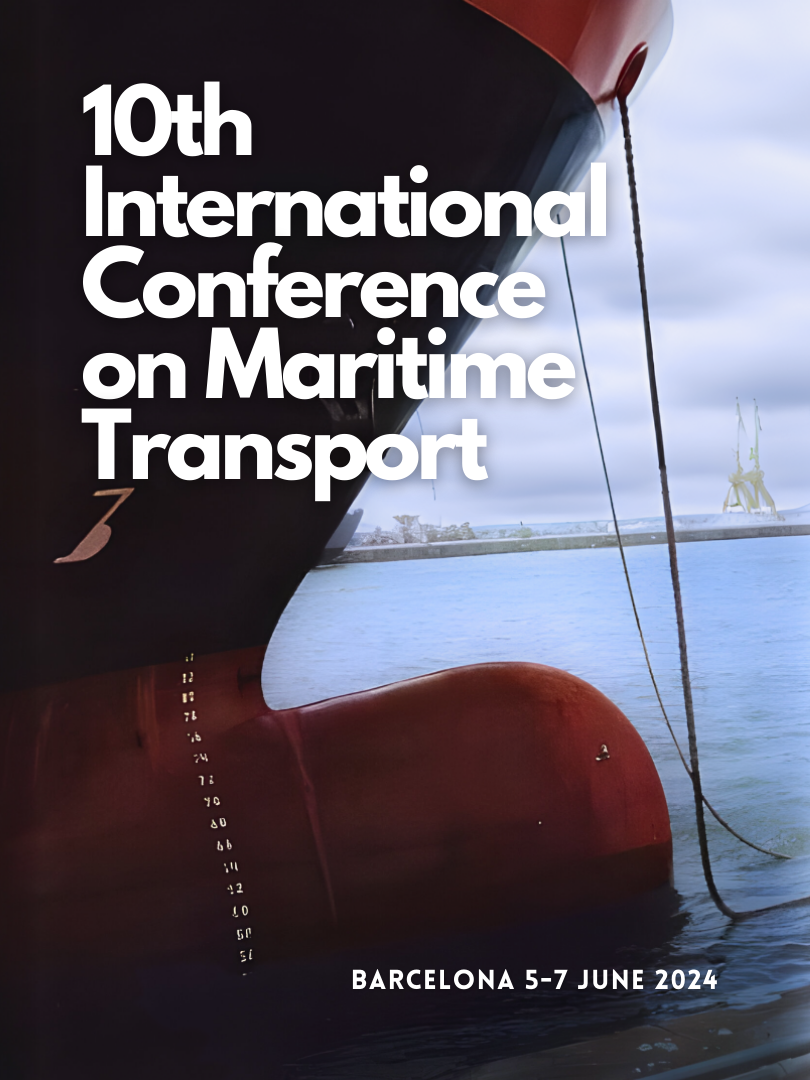LNG VERSUS CONVENTIONAL FUEL POWERED VESSELS: ENVIRONMENTAL IMPACT OF ROPAX SHIPS
DOI:
https://doi.org/10.5821/mt.13202Abstract
Decarbonization and environmental respect have become pillars of European government policies. As a result of this direction and given that 80% of global freight transportation is carried out by ships, maritime transport emerges as one of the target sectors for these eco measures.
Numerous initiatives, projects, and new technologies focused on this field exist. This paper examines the potential reduction of CO2 emissions by using LNG as a fuel either in combination with or instead of conventional fuel on RO-Pax ships.
Taking advantage of the fact that we are facing a 'mature' technology already being applied in many ships. Emissions from a fleet of about 30 ships have been studied during the years 2019, 2020, 2021,2022 and 2023 where progressively adding LNG powered vessels from 4 up to 11 during 2023. Based on their annual consumptions’ reports (HFO, MGO and LNG) total tons of polluted CO2 have been quantified together with the ratio tons of CO2 per sailed mile.
On the other hand, known daily burned marine fuels of one of those vessels sailing Balearic Islands-Mainland Spain route and due to high increase of gas prices during 2021 and beginning of 2022 (about 350%) a study was conducted: consuming LNG for 265 days whenever possible and avoiding this fuel for 143 days. Therefore, based on the same ship/route, a particular comparison of CO2 emissions per nautical mile is obtained.
Finally, using above results, hypothetical study is carried out in which emissions are estimated based on the sailed miles during years 2017 to 2021: Potential emissions in case of LNG versus conventional fuel powered. The 5-year result shows about 17.08% potential reduction. Approximately 32700 tons of CO2 only for 1 vessel highlighting the huge importance of the LNG powered vessels to reduce the environmental impact and the great importance of the investments on Research, Development and Innovation.













